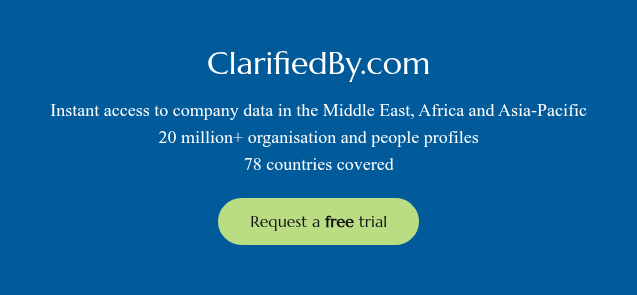“Egypt’s economy isn’t booming…it’s collapsing” says a former minister in Mohammed Morsi’s short-lived administration.
“On the contrary, Egypt’s economy isn’t tanking…it’s thriving” counters a senior banker in Egypt.
The correspondents of this exchange running across consecutive issues of Foreign Policy magazine1 make their own case based on recent macro-economic figures, debt levels in the country and the terms of the recent IMF intervention. So far, so unusual particularly when you consider the political and social perspectives of the two contributors.
The dialogue does however shine a light on the related issue of how Egypt is perceived by international investors, and whether the country is indeed witnessing a renaissance of interest from overseas companies. Again, the data throws out contradictory messages; according to the Central Bank of Egypt, foreign direct investment is down in the first two quarters of this year, but overall GDP growth is holding up and the World Bank expects it to reach 6 per cent in the medium term. Equity and fixed income markets had a great year in 2018 but have largely stagnated in 2019 as the IMF program has come to an end.
Based on our own experience at Diligencia, we have seen a recent uptick in clients’ interest in Egypt. The number of searches and enquiries we have handled in the first seven months of this year has increased by close to 20% against the same period last year (142 in 2019 vs. 120 in 2018), while traffic to Egyptian profiles on our online platform ClarifiedBy.com shows a similar increase. Not ground-breaking perhaps, but certainly significant. In terms of sector focus, these requests have centred on traditional industries including oil & gas, chemicals (renewed interest in East Mediterranean Gas Company SAE, Basf Construction Chemicals Egypt SAE and the potential acquisition of Gulf Of Suez Petroleum Company SAE) as well as the renewables sector and companies like KarmSolar Company SAE. Infrastructure, utilities and logistics have also featured with particular interest surrounding the new economic zones launching in Egypt (Dubai Ports World Sokhna SAE)– all defensive sectors which suggest investors looking at a long-term play in a strategic market. This seems to be mirrored in the type of bespoke casework that we are handling, several of which revolve around companies’ engagement with key ministries, regulatory authorities and upcoming tender processes.
Despite the headwinds reflected in the external data points, not least geo-political events which could easily de-rail any progress, our internal evidence leads me to believe that Egypt is on the up. My verdict: boom. Any responses out there…?
